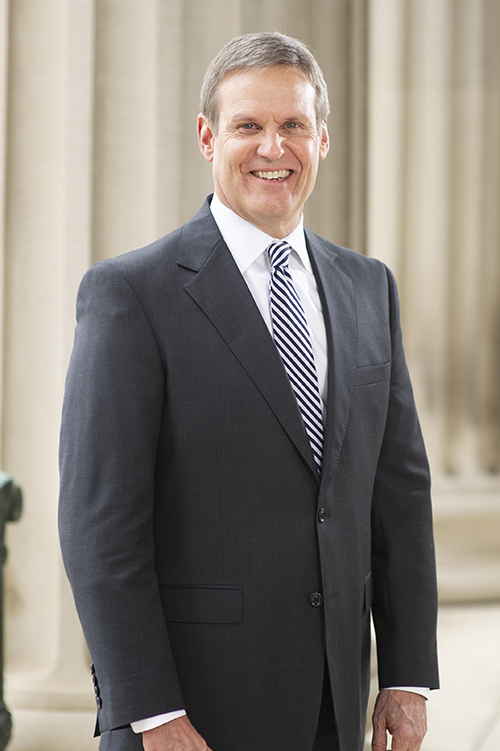I had Mrs. Bailey for two years in high school: freshman English (Beowulf, the Iliad and the Odyssey, Shakespeare, Mark Twain, etc.) and honors English in my senior year, where she introduced me to Kurt Vonnegut, J.D. Salinger, Joseph Heller, Flannery O’Connor, and other more contemporary writers. She had a tiny sneeze that she would stifle with a small hankie and that would invariably cause the class to giggle. She was well-known for these tiny sneezes and her love of bad puns.
But I remember Mrs. Bailey for another reason: She saw me for who I was — an awkward kid with a speech impediment and a good brain — and for who I could become. Mrs. Bailey probably decided that I wasn’t going to make my way in this world by being a smooth talker, so she encouraged me to write. She praised, criticized, and edited my essays. She took me aside and encouraged me to read real writers, not just the required classroom stuff. She helped forge my life’s path, and I didn’t even figure out what she’d done until years later.
I think, if we were lucky, most of us have a Mrs. Bailey in our past — a teacher who took the time to connect, who saw our potential or our pain, who saw a way forward for us or a way out. And it’s still happening, every day, all over the world: Teachers make a difference; teachers shape lives; teachers are among the most important people in our society.
Which is why every human being in Tennessee should be absolutely outraged at Governor Bill Lee, who is relentlessly fostering the destruction of our public schools via a voucher system in which parents play the middleman between our state treasury and private schools to the tune of $7,000 per family. It’s flat-out wrong, and it’s using money that rightfully should be going to public schools. If people want to send their children to private schools, let them have at it, just don’t ask the taxpayers to cover the note.
But that’s not the only reason to be outraged at Lee. He’s been pushing to bring the Michigan-based Hillsdale Academy into the state, openly stating that he wants to let them establish 100 schools with our money. Hillsdale Academy is a Christian-based private school that promotes conservative values in its “1776 Curriculum,” which appears to mean the Civil War was just a misunderstanding and slaves were just inconvenienced and everything is fine now — among other interesting theories.
At a private event in late June, Governor Lee sat on stage with Hillsdale Academy president Larry Arnn and listened, smiling, as Arnn said the following: “Teachers are trained in the dumbest parts of the dumbest colleges in the country. … We are going to try to demonstrate that you don’t have to be an expert to educate a child because basically anybody can do it.” This ramble went on for nearly two hours, with Arnn repeatedly disparaging teachers and public school systems. (Hillsdale practices what Arnn preaches. None of its eight education faculty members are certified to teach in public schools.)
So what did Bill Lee say or do as Arnn attacked and discredited all teachers, including, presumably, the thousands of public school teachers in Tennessee? Zip. Nada. He sat there and grinned like a chimp, or a chump. Your call.
Unfortunately for ol’ Bill, Nashville’s Channel 5 got a copy of the tape and all hell broke loose. All around this deep-red state, school boards, administrators, and teachers erupted in protest, demanding the governor repudiate Arnn’s remarks. Lee had his spokesperson send a boilerplate statement that mentioned nothing about Arnn’s comments. He then slipped off for a bit to Florida to hang with Ron DeSantis, who’s pushing for Hillsdale to take over public schools there. When he got back, he dodged reporters, evaded teachers’ groups, and made no public appearances for a week — a real profile in courage, this guy.
The only good that may have come out of all this is that Hillsdale is now very unlikely to get any state dollars, according to several Republican state legislators. Turns out that lots of communities around Tennessee are quite happy with their public schools and rather fond of their teachers. Mrs. Bailey would find that gratifying, I suspect. She didn’t suffer fools.


